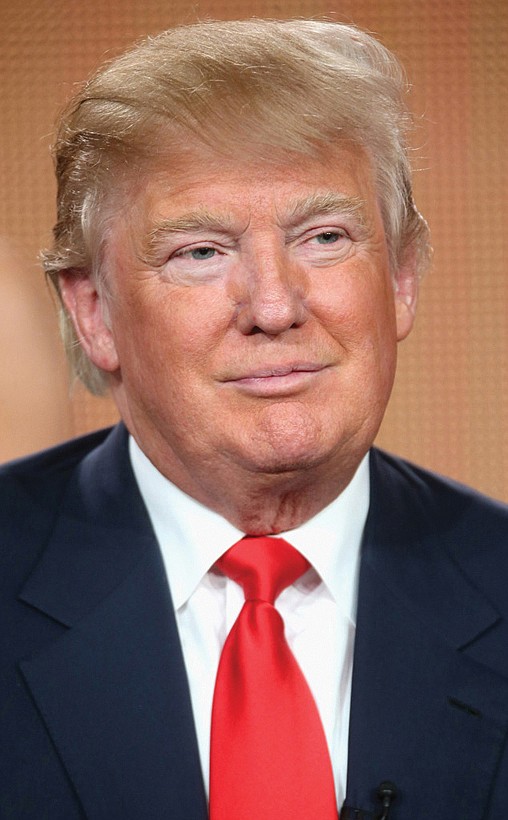Trump expands immigration ban to 4 African nations, 2 others
Free Press wire reports | 2/7/2020, 6 a.m.
WASHINGTON- The Trump administration announced last Friday that it is curbing legal immigration from six additional countries that officials said did not meet security standards, as part of an election-year push to further restrict immigration.
Officials said immigrants from Eritrea, Nigeria, Sudan, Tanzania, Kyrgyzstan and Myanmar will face new restrictions in obtaining certain visas to come to the United States. But it is not a total travel ban, unlike President Trump’s earlier effort that generated outrage around the world for unfairly targeting Muslims. President Trump was expected to sign a proclamation on the restrictions, which will take effect on Feb. 22.
The announcement comes as President Trump tries to promote his administration’s crackdown on immigration, highlighting a signature issue that motivated his supporters in 2016 and hoping it has the same affect this November when he is facing re-election.
The administration recently announced a crackdown on birth tourism and is noting the sharp decline in crossings at the U.S.-Mexico border and citing progress on building the border wall.
Immigrant visas were restricted for Kyrgyzstan, Myanmar, Eritrea and Nigeria, the most populous nation on the African continent. That type of visa is given to people seeking to live in the U.S. permanently. They include visas for people sponsored by family members or employers, as well as the diversity visa program that made up to 55,000 visas available in the most recent lottery. In December, for example, 40,666
immigrant visas were granted worldwide. Sudan and Tanzania have diversity visas suspended. The State Department uses a com- puter drawing to select people from around the world for up to 55,000 diversity visas. Nigeria is already excluded from the lottery, along with other countries that had more than 50,000 natives immigrate to the United States in the previous five years.
Non-immigrant visas were not affected. Those are given to people traveling to the United States for a temporary stay. They include visas for tourists, those doing business or people seeking medical treatment. During December, for example, about 650,760 non-immigrant visas were granted worldwide.
Acting Homeland Security Secretary Chad Wolf said Homeland Security officials would work with the countries on bolstering their security requirements to help them work to get off the list.
“These countries for the most part want to be helpful, they want to do the right thing, they have relationships with the U.S., but for a variety of different reasons failed to meet those minimum requirements,” Mr. Wolf said.
The current restrictions follow President Trump’s travel ban, which the U.S. Supreme Court upheld as lawful in 2018. They are significantly softer than President Trump’s initial ban, which had suspended travel from Iraq, Iran, Libya, Somalia, Sudan, and Yemen for 90 days, blocked refugee admissions for 120 days and suspended travel from Syria. The government suspended most immigrant and non-immigrant visas to applicants from those countries. Exceptions are available for students and those with “significant contacts” in the United States.








